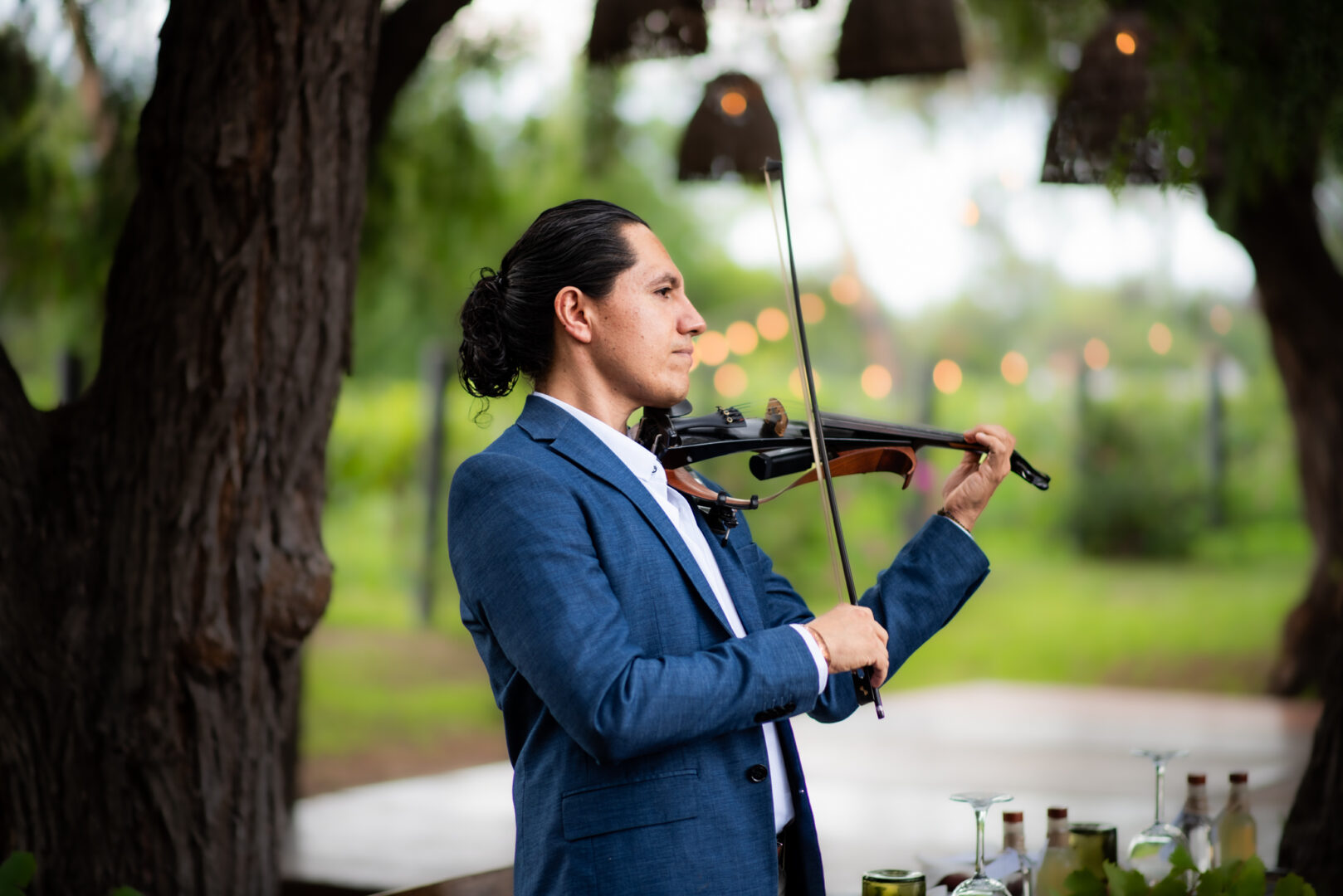Miguel Fajardo shared their story and experiences with us recently and you can find our conversation below.
Miguel, we’re thrilled to have you with us today. Before we jump into your intro and the heart of the interview, let’s start with a bit of an ice breaker: What are you most proud of building — that nobody sees?
I’m very proud of having built a business that is entirely my own creation. It’s a personal venture that doesn’t depend on any institution—it wasn’t funded by the government, a symphony orchestra, or anyone else. In fact, I don’t belong to any orchestra or institution. The only exception is that I teach two classes at the Center for the Arts in my city, but that represents a very small part of my income. What truly sustains me is a business that I developed independently, from the ground up, in a very hard industry: music.
I believe it’s very important for people to understand that sometimes, because of their personality or their inclinations, they may not fit into existing institutions. Institutions take many years to build, and they usually value uniformity and people who adapt to their rules and ways of doing things. It’s essential for a human being to realize that if the existing institutions don’t align with their personality, they might have a chance to create new ones. It’s the spirit of the artist: to dream and build new worlds.
Can you briefly introduce yourself and share what makes you or your brand unique?
I’m Miguel Fajardo, I am a violinist and multi-instrumentalist from San Luis Potosí, Mexico. My work focuses on exploring the intersections between classical music, jazz, and popular traditions. Over the years, I’ve also developed a strong interest in technology and music production, which allows me to create and adapt sounds in different contexts, also, that same constellation of interests had led me to create a quite unique business as a violinist in events, producing my own music, and collaborating with other artists.
What interests me most is finding ways to connect with audiences through music that feels both honest and accessible. I often move between different instruments — violin, piano, guitar, voice — and I enjoy arranging and producing as part of my creative process. For me, music is about building bridges: between styles, between people, and between the inner world of the artist and the collective experience of the audience.
Alongside my creative projects, I currently run a business dedicated to play live music shows for events such as weddings, corporate gatherings, and social celebrations. This part of my work allows me to bring music into important moments in people’s lives, tailoring performances that are both personal and memorable.
Amazing, so let’s take a moment to go back in time. What was your earliest memory of feeling powerful?
I think my earliest memory of feeling powerful was around the age of eight, when my father taught me how to program in Quick Basic. It wasn’t related to music at all, but it revealed a pattern that has repeated throughout my life: constantly shifting interests and exploring new fields. Programming was one of the most empowering experiences I’ve ever had, because it showed me that you are only limited by your ideas — that with precise instructions, good planning, hard work and creativity, you can build entire worlds.
That same spirit is deeply present in my music today. In many ways, I see myself as a rare combination of a technology geek and a musical creator, always moving between logic and intuition, structure and expression.
From those early experiences, I’ve come to see myself as a kind of musical alchemist—constantly experimenting with new elements and recombining existing structures in unexpected ways. A clear example is the way I blend classical music with jazz, or how I enjoy merging the modern with the traditional. Fusion has always fascinated me, and I’ve discovered tremendous power in this dynamic. Imagine it this way: there are always forces pulling in different, sometimes contradictory, directions. It’s about balance—of intensity, of inclination, of the collective mind, of culture. When these elements converge, the outcome can be a seamless and cohesive new form, even when it rises from seemingly opposing energies.
If you could say one kind thing to your younger self, what would it be?
I would tell my younger self: you cannot expect perfection — not from yourself, not from others, and not from any project you take on. Compassion is key. Mistakes are a natural part of exploration, especially when you are constantly pushing your own limits.
Perfectionism is only arrogance in disguise. It’s important to let it go, to relax, and to remember that as long as you keep working and moving forward, you are already on the right path. Crises will come, mistakes will come, bad decisions will come — and that’s to be expected. What matters is never losing your good energy, both towards yourself and towards others.
So a lot of these questions go deep, but if you are open to it, we’ve got a few more questions that we’d love to get your take on. How do you differentiate between fads and real foundational shifts?
It’s very important to distinguish between passing trends, the superficial tastes of a particular moment, and the essential truths of human beings, of culture, and of nature itself. For me, the question is whether what I’m working on is connected to identity — to human, cultural, or family roots.
If art is being made, it should express the human spirit. That means seeking depth, beauty, and universality. It’s about striving for excellence in the work for its own sake. That’s where I believe true meaning lies. Superficiality, in contrast, often feels like an attempt to reach that depth or spirituality, but in a way that is shallow and ultimately ineffective.
In music, making that difference is of supreme importance. There’s a story about Nadia Boulanger encouraging Piazzolla to follow his passion for tango instead of abandoning it for a purely classical career, I think that meant pursuing what is tied to his identity, to the musical tradition of his country, it was acknowledging his own natural inclinations, I think that’s important wisdom.
Okay, we’ve made it essentially to the end. One last question before you go. Could you give everything your best, even if no one ever praised you for it?
That’s the whole point — to give your best, even when no one notices or praises you for it. A career is a living, organic process that flows through highs and lows. Personally, I’ve lived through very difficult moments in my career, and it’s precisely in those moments where you prove your essence and learn the most.
It’s in times of crisis that character is forged and important decisions are made. I consider myself a musician to the core because I’ve survived those challenges, and to me it’s like any deep relationship: if you can survive a crisis, it’s much more likely to last in the long run.
Contact Info:
- Instagram: https://www.instagram.com/miguelfajardomusic/
- Twitter: https://twitter.com/miguelfajardovl
- Facebook: https://www.facebook.com/miguelfajardomusic
- Youtube: https://www.youtube.com/c/MiguelFajardo
- Other: https://linktr.ee/miguelfajardomusic
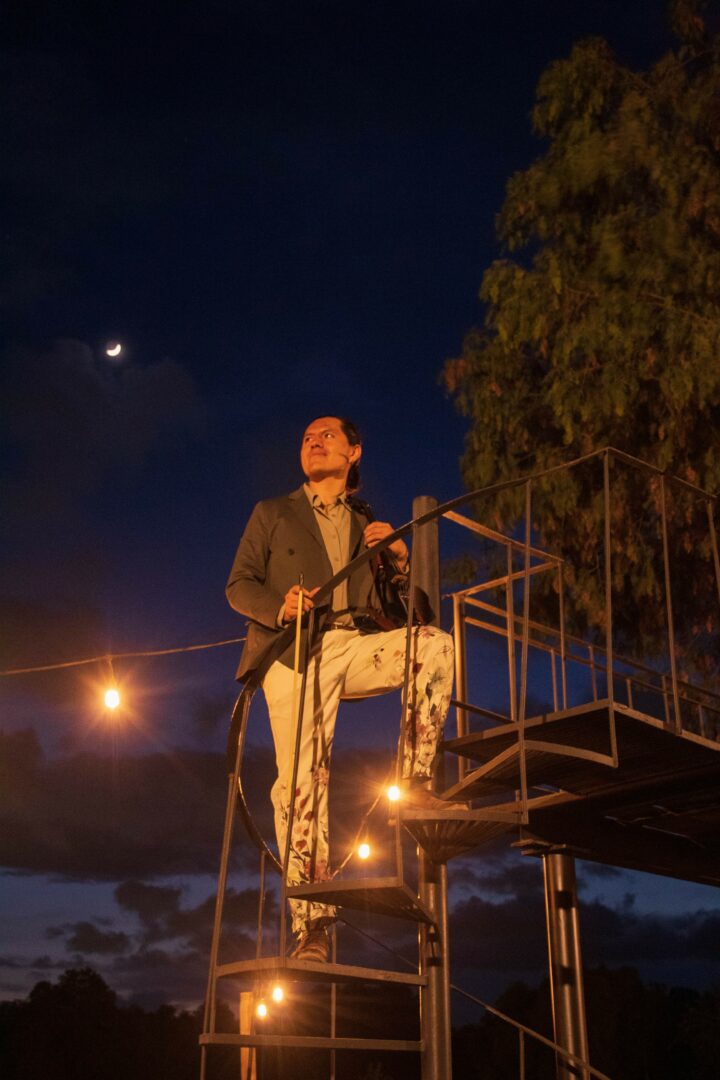
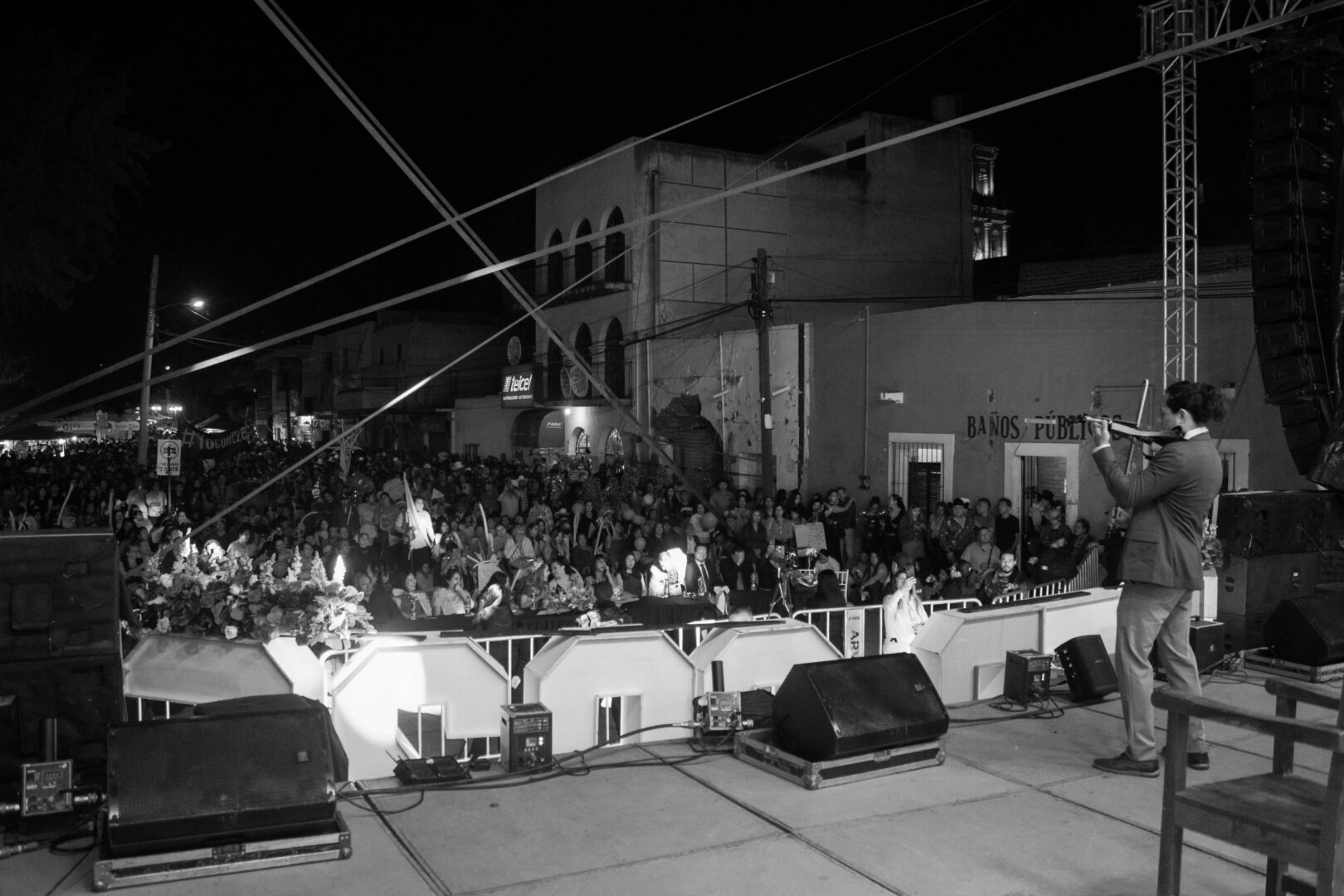
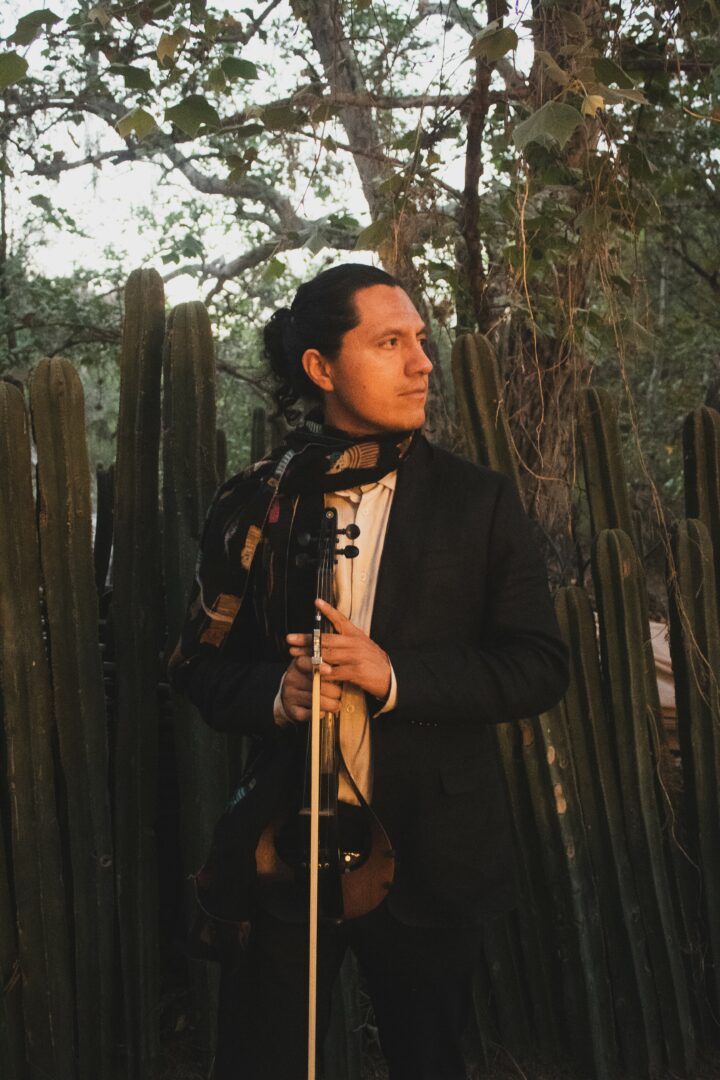
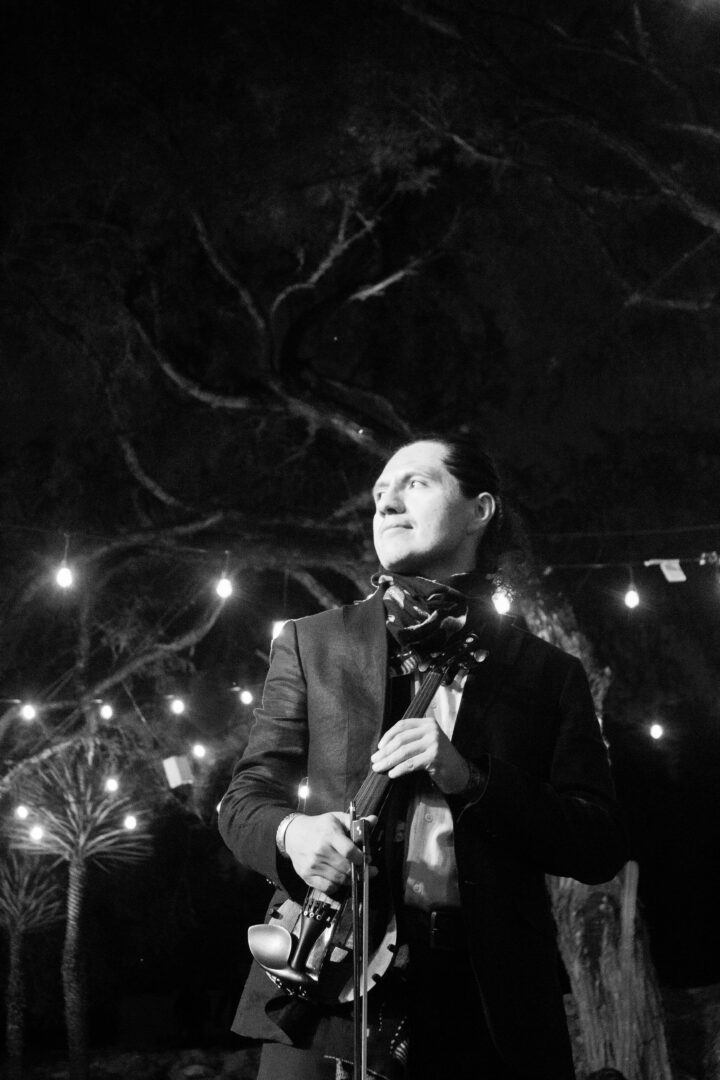
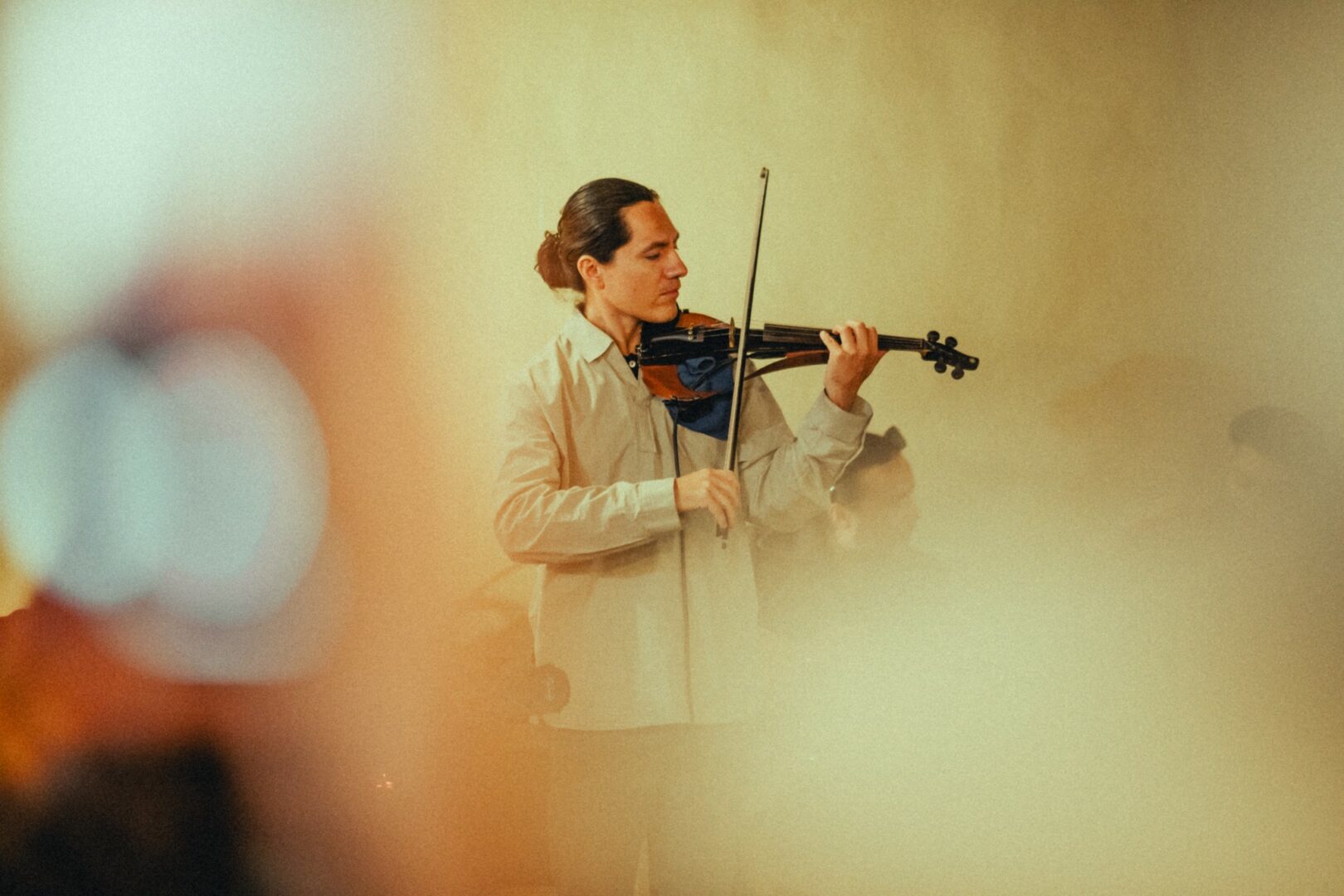
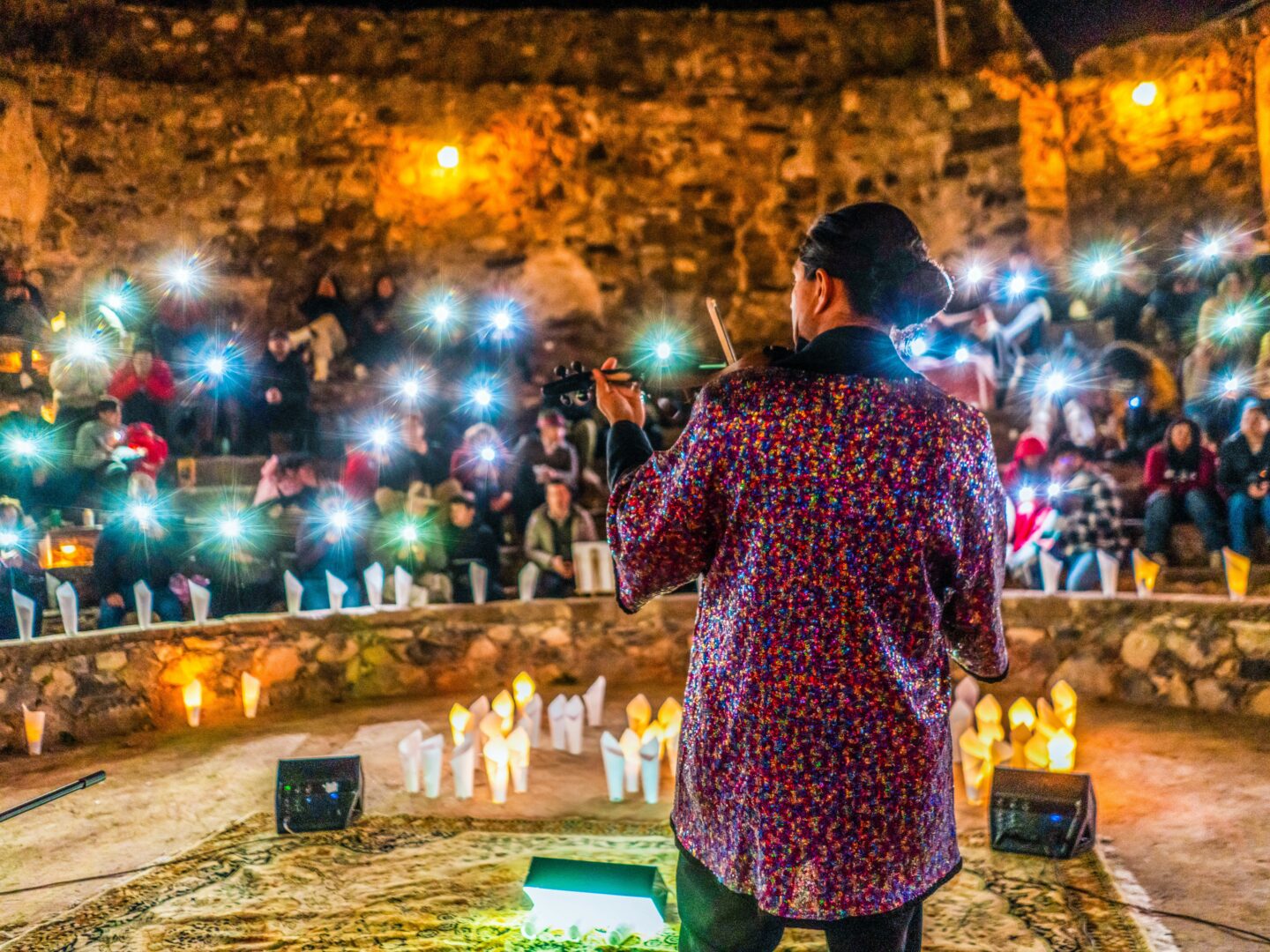
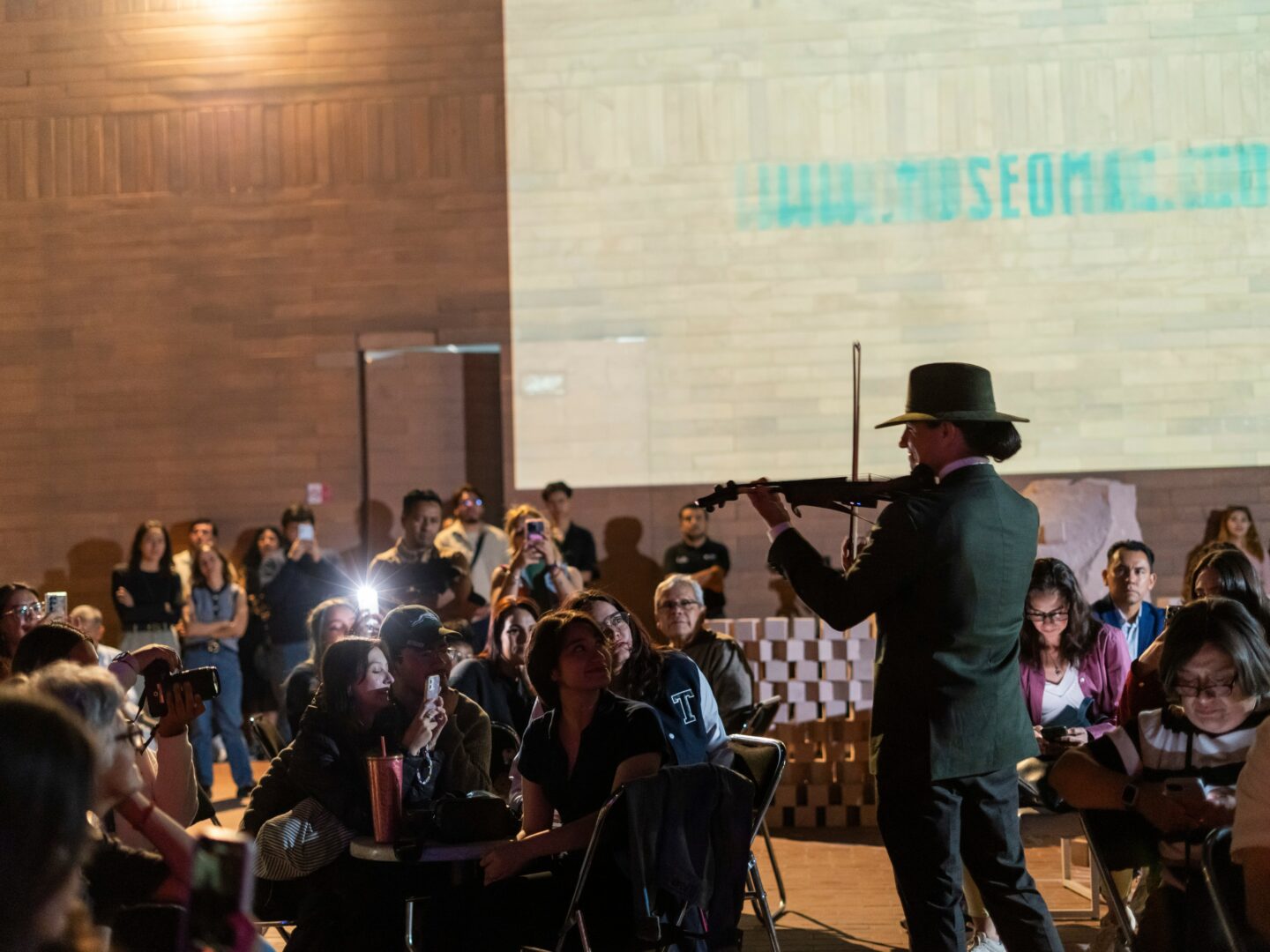
Image Credits
Ricardo Irak, Karen Mireles, Sandra Robledo
so if you or someone you know deserves recognition please let us know here.

